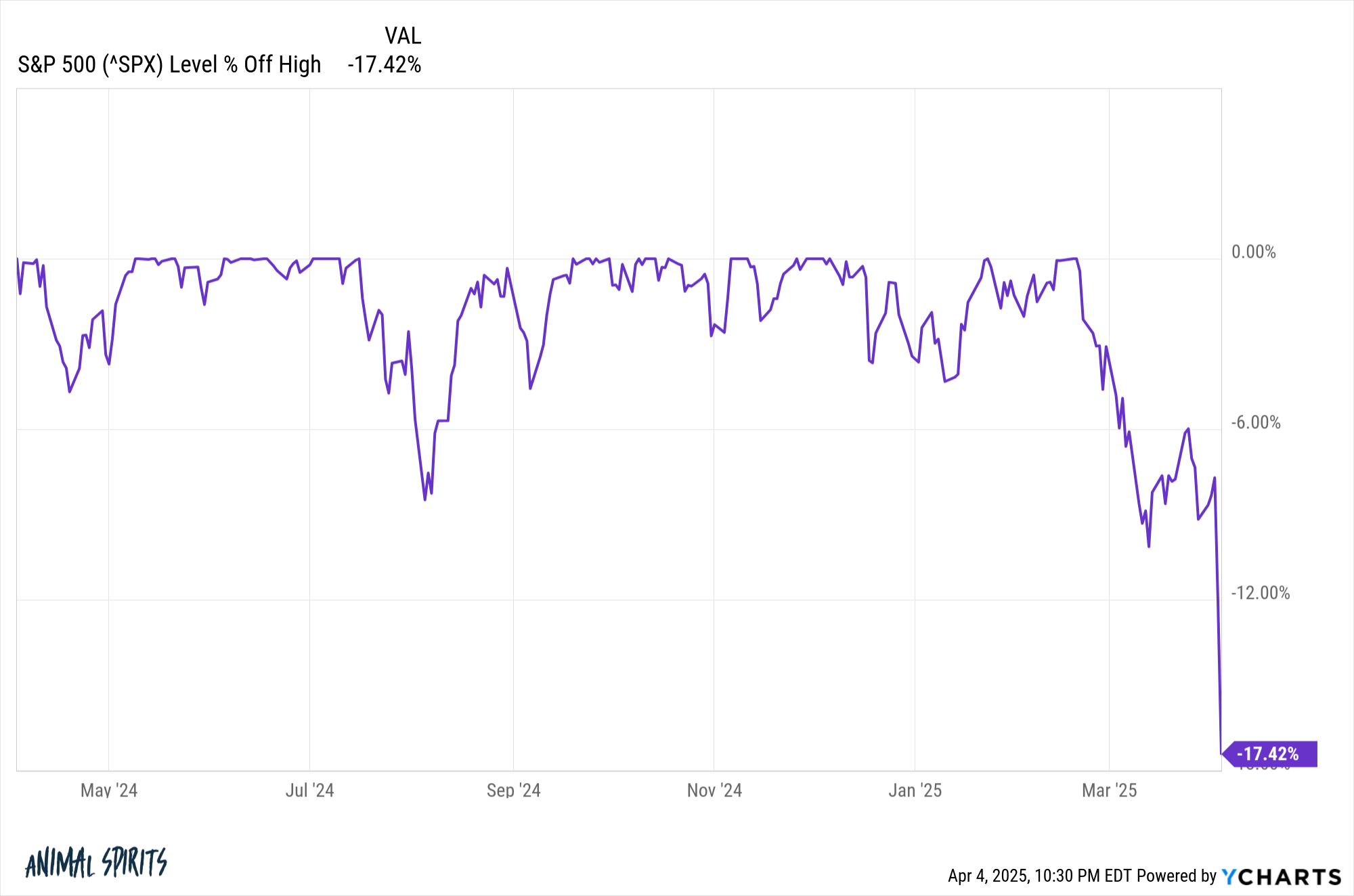I Just Joined the REITs Community: What Should I Know About Monthly Income from These Investments?
The REITs (Real Estate Investment Trust) community is a great place to be if you’re looking for a hefty, secure passive income source that has a lower correlation to the stock market. With some of the top REITs, one can make quite a bit in monthly rental income without having to endure the downsides of […] The post I Just Joined the REITs Community: What Should I Know About Monthly Income from These Investments? appeared first on 24/7 Wall St..

The REITs (Real Estate Investment Trust) community is a great place to be if you’re looking for a hefty, secure passive income source that has a lower correlation to the stock market. With some of the top REITs, one can make quite a bit in monthly rental income without having to endure the downsides of being an actual landlord. Call REIT investors lazy landlords, if you will, but I think they’re smart investors who stand to allocate capital in a more efficient manner than those who rent out their own properties.
While REITs could be a staple for many retired income investors, it’s important to know about the potential downside risks. Indeed, many REITs tend to be incredibly sensitive to interest rates. If they’re perceived to be going higher, the share prices of REITs could go against the headwinds. On the flip side, if rates are going lower, the REITs may just have what it takes to rise as they continue paying out fat distributions.
Of course, if rate cuts accompany economic shocks, the reaction in the REIT space could be tremendously negative. Some of the growthier REITs may actually be as choppy as a ride as stocks. Either way, it’s the distribution that many investors should be able to depend on, even if the share price trajectory ends up paving the way for less than stellar returns.
In this piece, we’ll go over a few things that new REIT investors should know about distributions from the asset class and how they can help further solidify a portfolio in a turbulent environment for equities and the economy at large.
Key Points
-
REITs are great assets for investors who seek to bolster their passive income.
-
Though REITs are a retiree staple, younger investors may find value in diversifying into them on the way down.
-
Are you ahead, or behind on retirement? SmartAsset’s free tool can match you with a financial advisor in minutes to help you answer that today. Each advisor has been carefully vetted, and must act in your best interests. Don’t waste another minute; get started by clicking here here.(Sponsor)
REITs have high yields by design. Just don’t expect superior total returns over the long haul.
Your average REIT tends to sport a yield that’s higher than that of your average stock. With the Vanguard Real Estate Index ETF (NYSEARCA:VNQ) yielding around 4%, you’re getting nearly 3% more than you would from the S&P 500. When it comes to stocks, higher yields tend to come at the cost of growth and future appreciation in shares. The same rule applies to the REIT space, which pays 90% of taxable income to shareholders in the form of a distribution.
Indeed, that’s a lot of cash flow flowing into investor pockets. And while it’s much appreciated, it does come at the cost of reinvesting in future growth projects. Either way, the main attraction to REITs is the frequent distributions. While not all REITs pay their distributions monthly, a lot of them do due to investors’ demand and the regular timing of monthly rent payments.
Not to discount the potential for capital gains to be had from REITs (especially ones with battered shares), but many investors don’t jump into REITs for the bounce-back potential, especially given some of the less-growthy, headwind-plagued REITs can stay stagnant and volatile for many years at a time. For REIT investors looking to jump into such plays, there had better be a generous and, more importantly, well-covered distribution to rake in while one waits.
REITs aren’t just great for retirees.
REITs are a great income source for retirees looking to supplement their pensions, Social Security, dividend-heavy portfolios, or other income streams. But the asset class has ample value to offer to younger investors who wouldn’t mind a bit of extra cash at the end of the month. Also, a spot in one’s portfolio for REITs could really help one take diversification to the next level.
For young value investors seeking to diversify into the REIT scene, some “growthy” REITs out there can allow one to capitalize on various trends. Whether we’re talking about warehouse REITs to play e-commerce, or data center REITs to ride the AI boom from a different, perhaps overlooked angle, there are flavors of REITs out there for investors who want to bet on secular trends without having to jump into the deep end with high-multiple growth stocks that can get walloped once the tides turn lower.
In any case, the hefty distribution commitments make it vital for managers to deploy capital deliberately and in the right places so that capital gains and distribution growth are also possible.
The post I Just Joined the REITs Community: What Should I Know About Monthly Income from These Investments? appeared first on 24/7 Wall St..









































































































































































